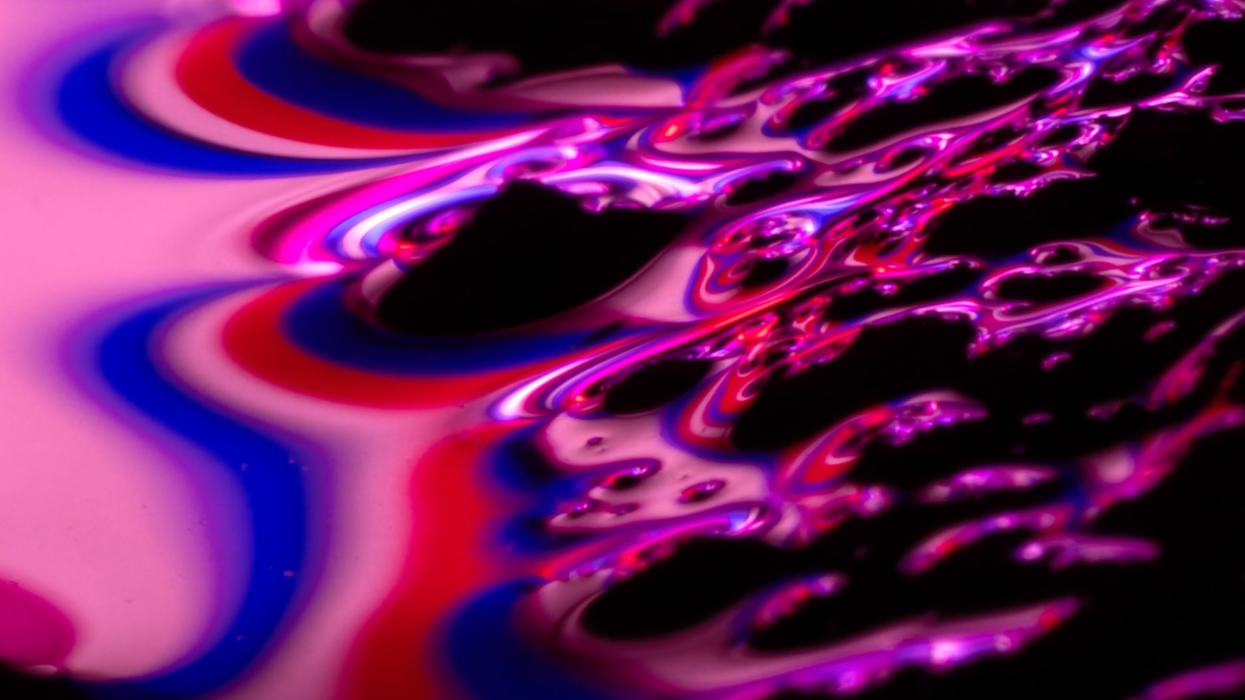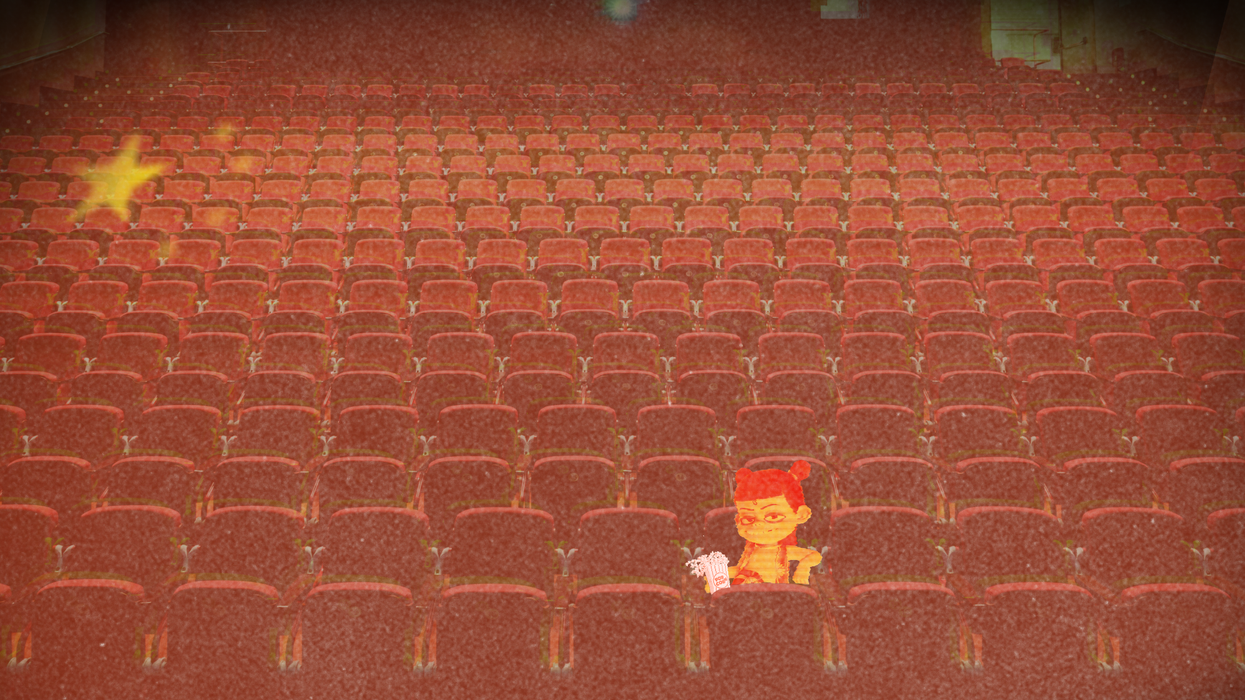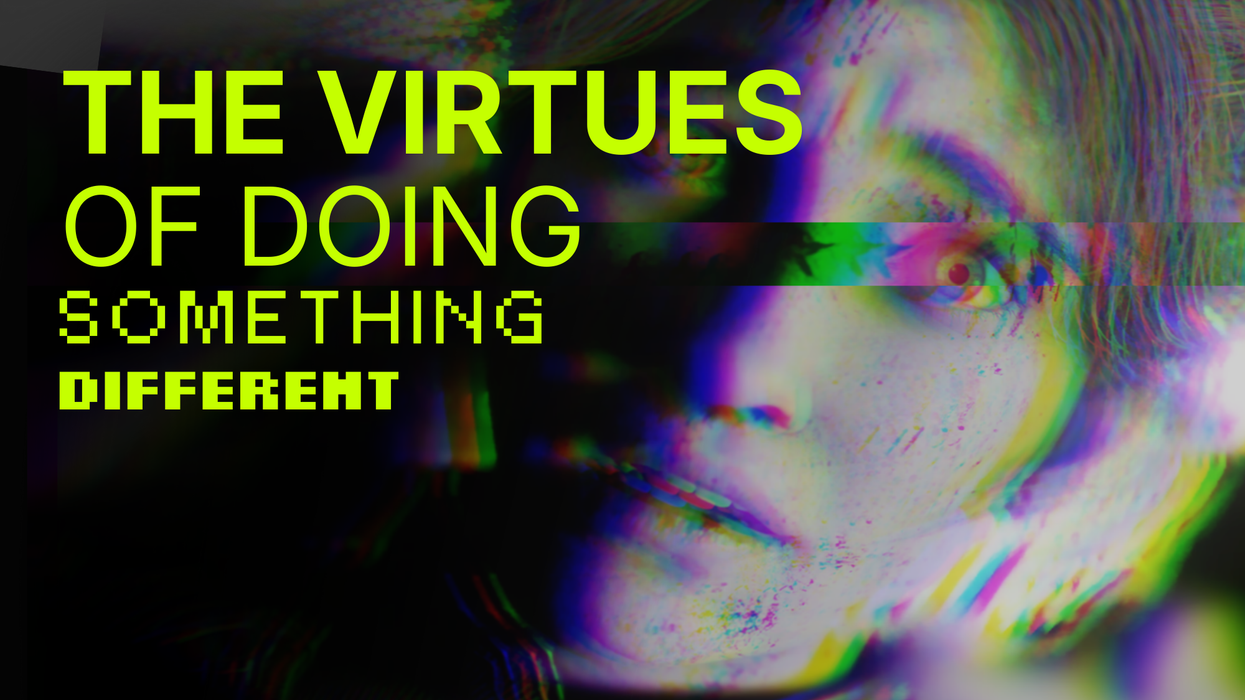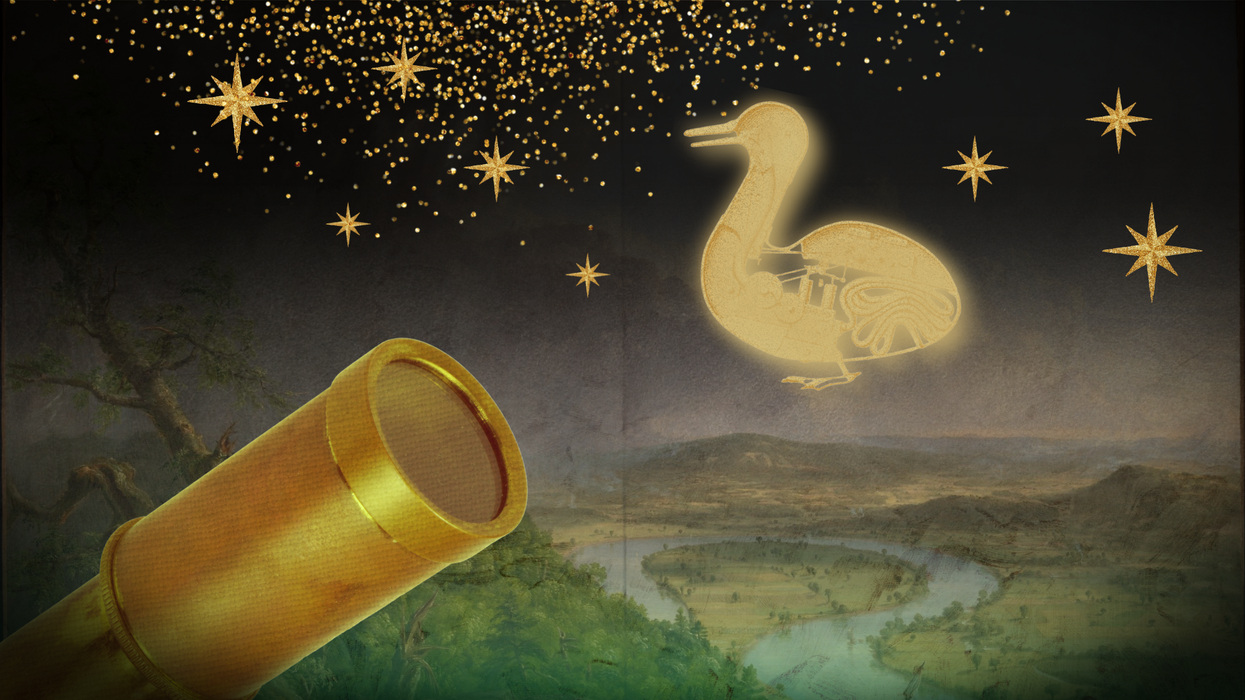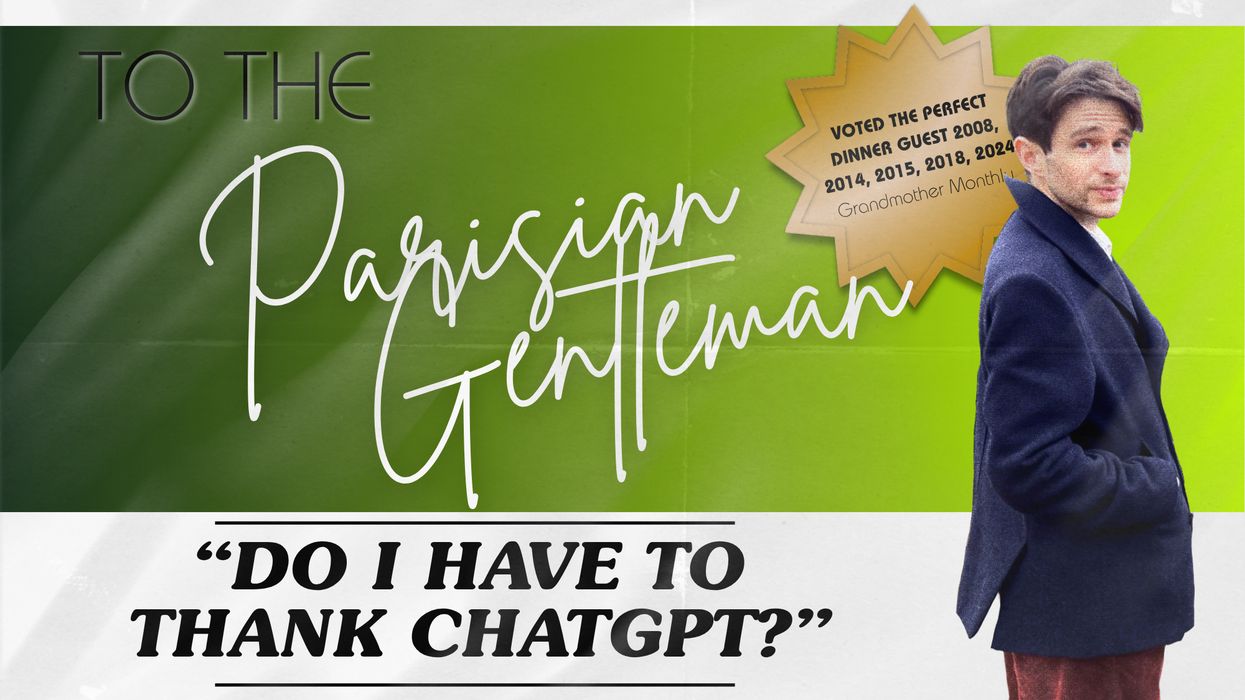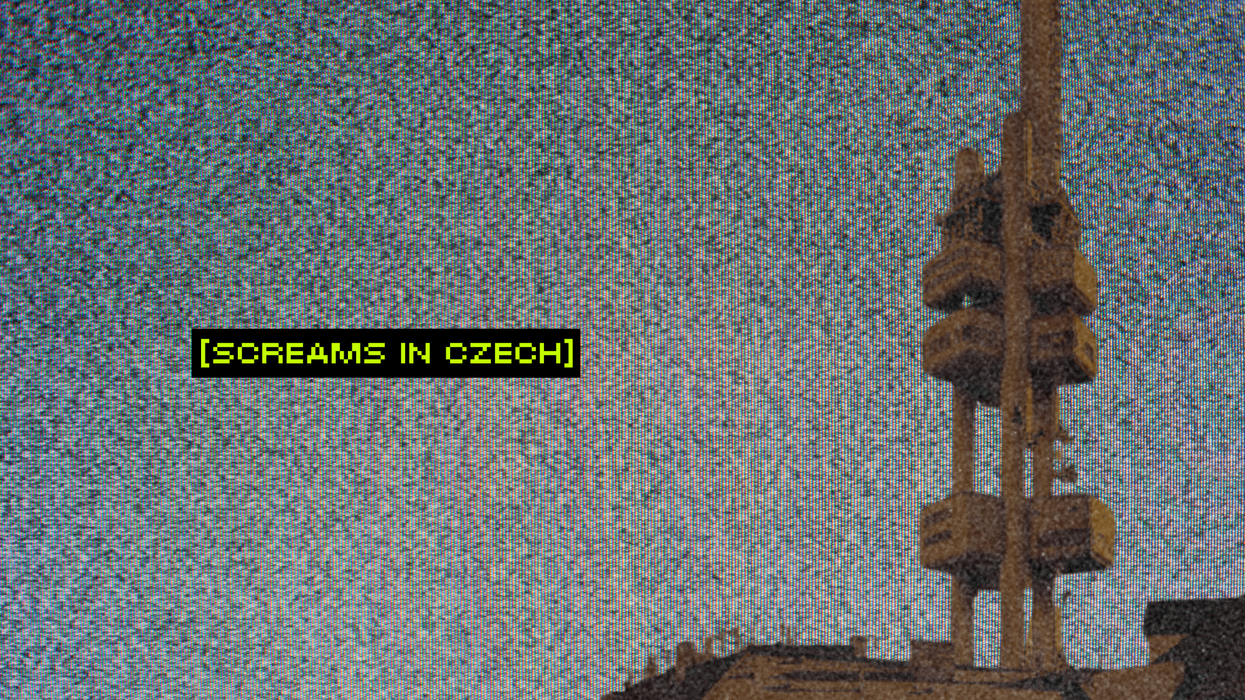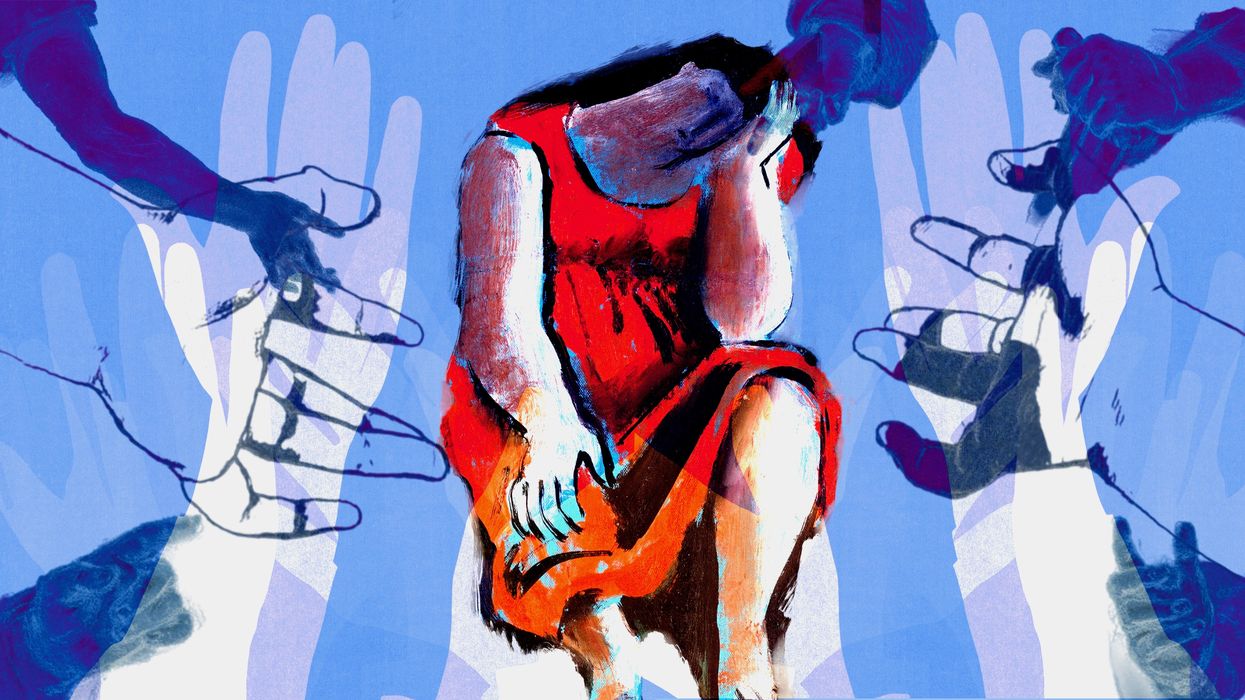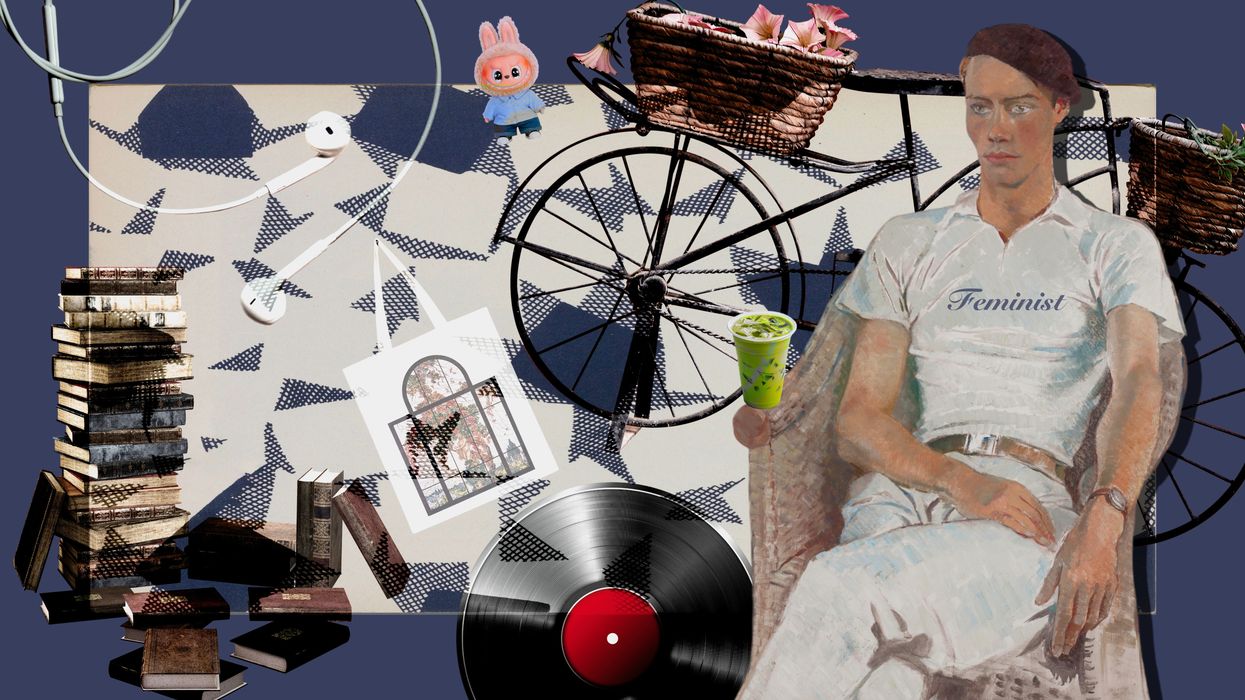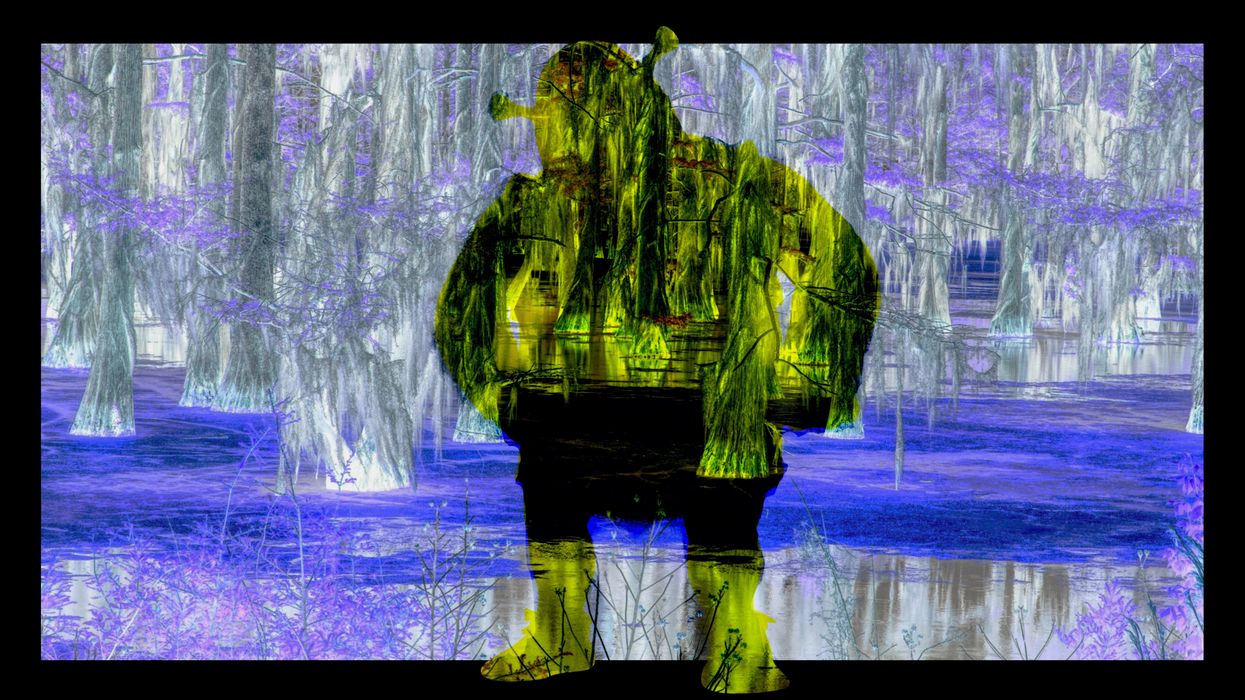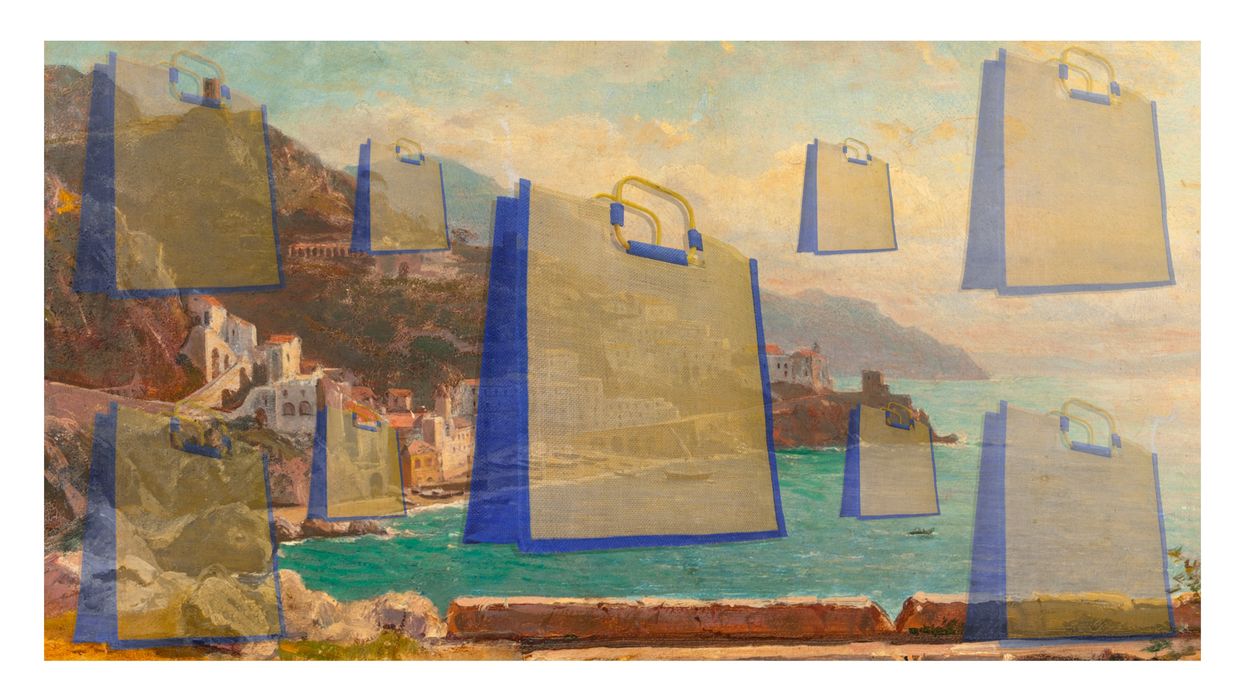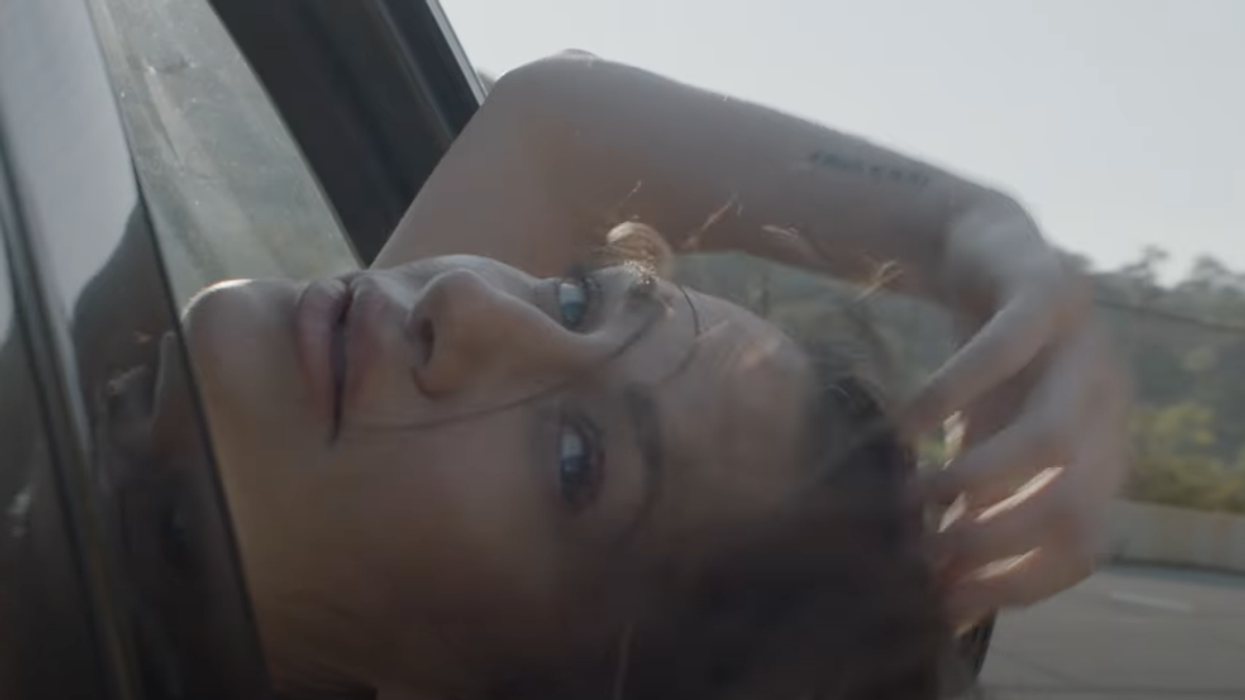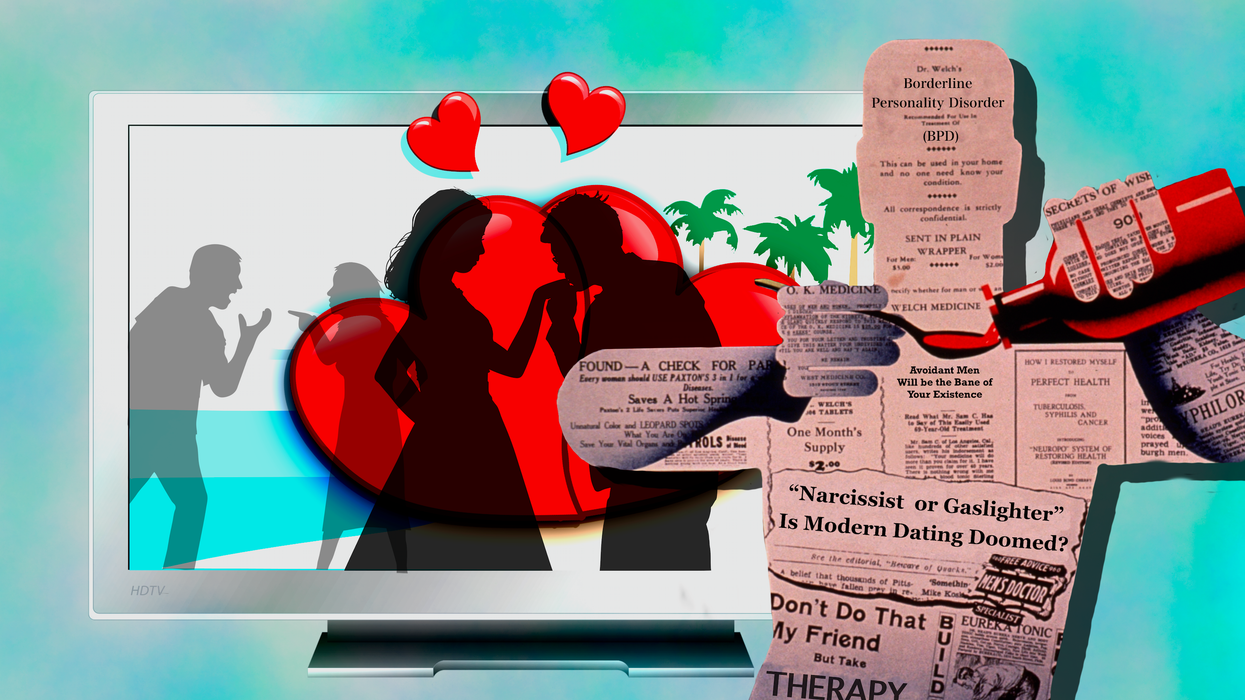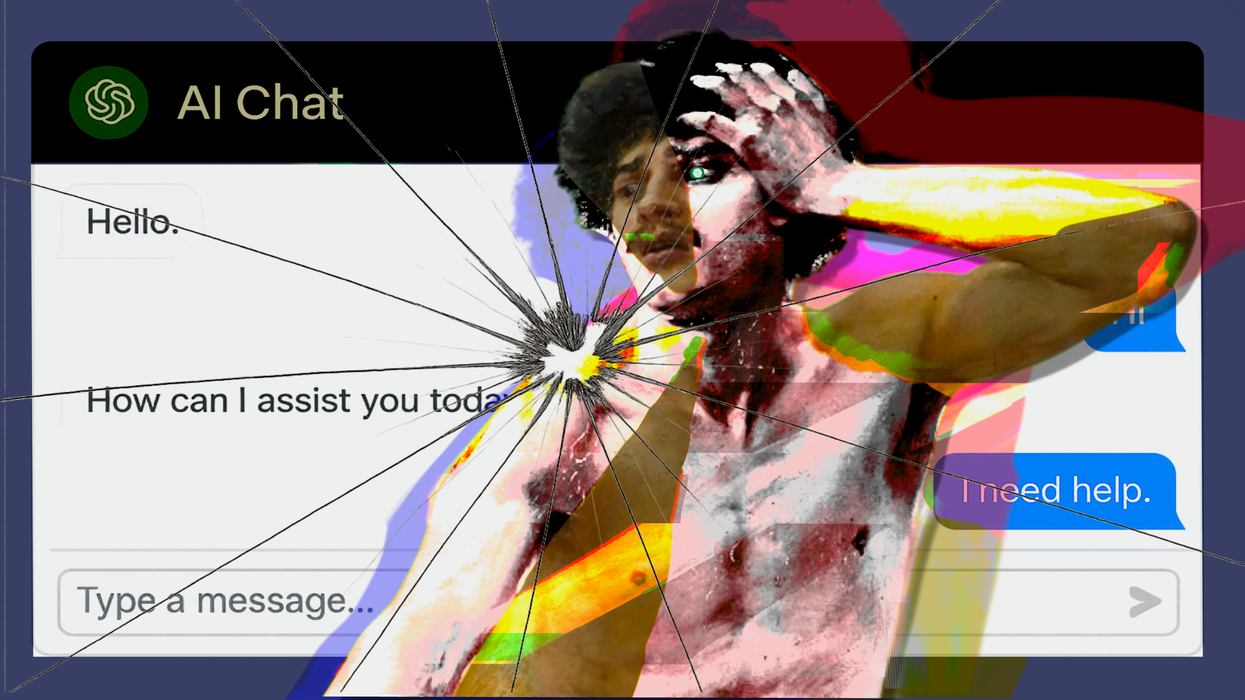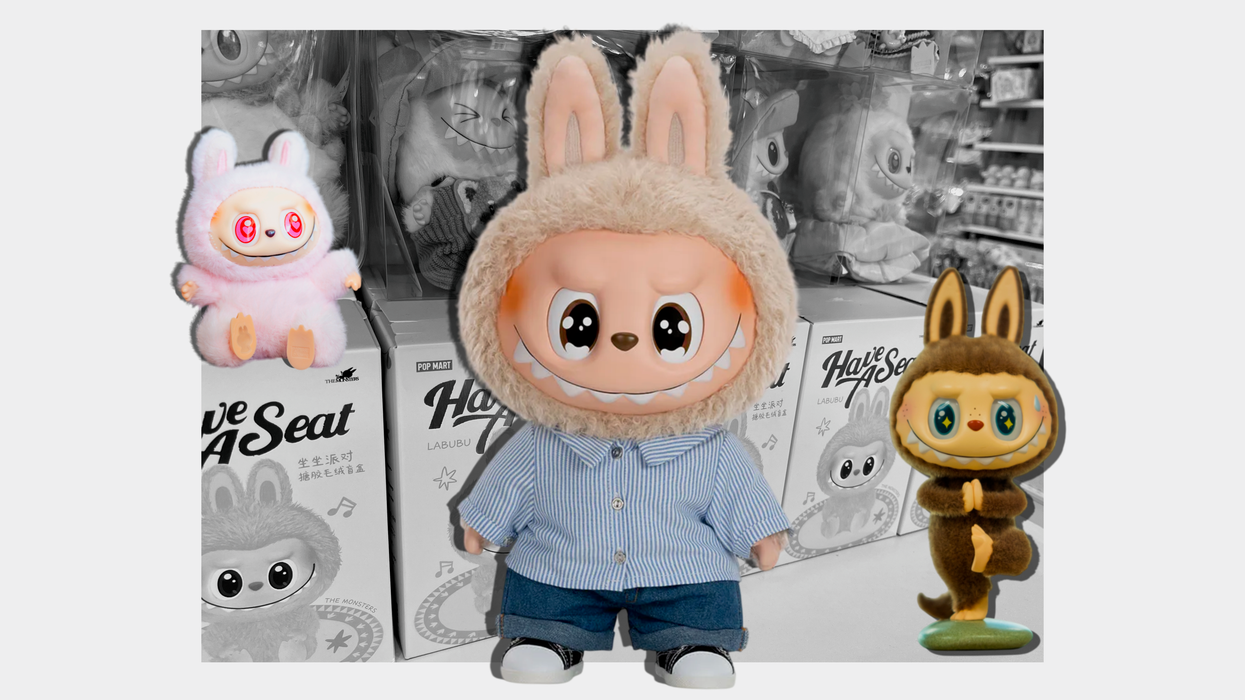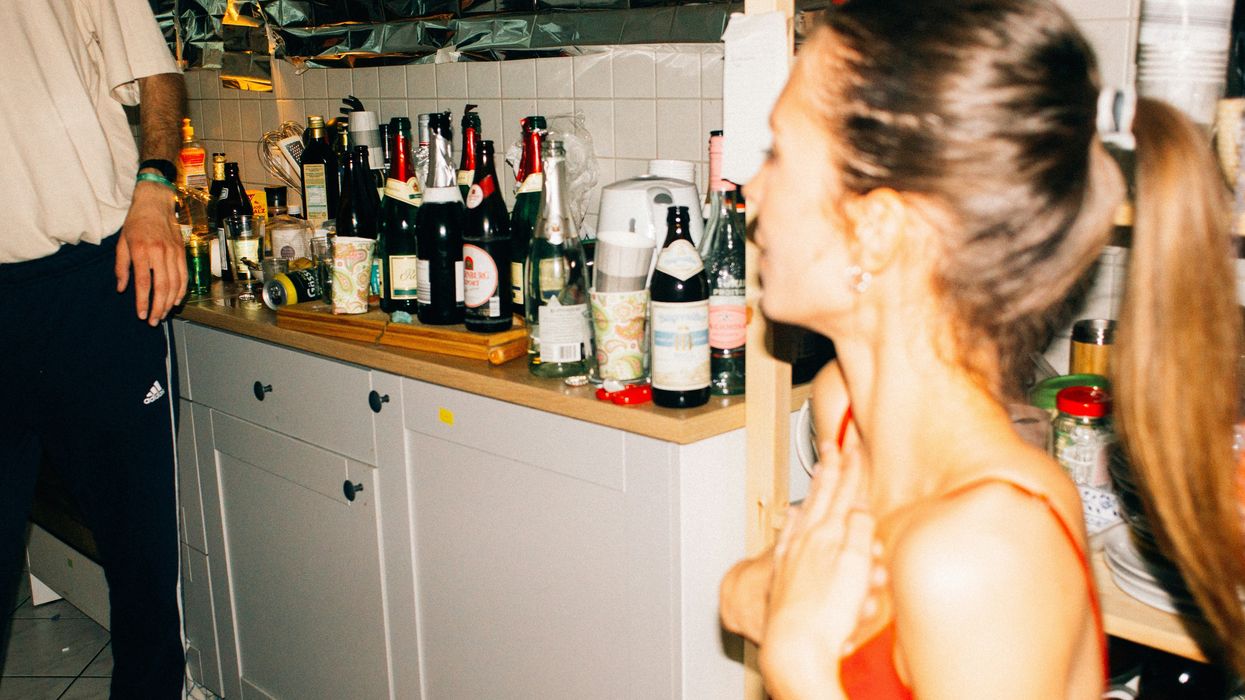Maggie West is an LA-based artist best known for her colorful time-lapse photography and video installations. As part of her new Outernet London series Pools, West uses her eye for detail to give us an alternate view of everyday natural occurrences, with the second installment of her series focusing on grains of sand. Combining colored lighting and time-lapse photography to capture the seemingly mundane process of sand absorbing water, West creates a mesmerizing, psychedelic dreamscape that’s both transporative and trance-inducing.
Read our Q&A about Pools, below.
What are we seeing in the video?
The entire Pools series was created with time-lapse photography. I took sand from El Matador Beach, and I put it in like really shallow trays. Then, I used a spoon or my finger to make little indentions in the sand before filling everything up with water.
Then to get the color effects on it, I use a special gel lighting technique, so the change you're seeing is the water absorbing into the sand. As the water goes down, the shape of the pool changes, and so does the shape of the lights. So it gives it that kind of hypnotic effect.
What was the inspiration for Pools?
I have always been really fascinated by the lighting effects and puddles at night in the city. I think I was walking around like Chinatown, where there's a lot of neon, and I was looking at the reflections of all the lights in the puddles. So I was trying to think of a way to do time-lapse with that.
I’ve also been really curious about the elements, and I wanted to do something with something like sand, because I think the texture is really interesting.
A lot of your work is focused on the natural world. Why is that the case?
I used to do a lot of work with people, and that was really interesting, because no two people are the same. But I've sort of transitioned over into doing more things involving the natural world, which I’m endlessly fascinated with. I like how there are so many different subjects I can explore, and how visually different they can look.
For instance, a time-lapse of a pool of water is so different than flowers blooming, or mushrooms or some of the other things I do. And everything I do is about the color, so I think that gives me a lot of creative license to hop around, and [photograph different things in] nature.
Can you elaborate on everything you do being about color?
I think colored light has always been really interesting to me, because it's so crucial in our perception of the world around us. If you're looking at an object, you sort of take for granted that you’re seeing it a certain way.
For instance, if you're seeing a daisy or something, you're used to seeing it in normal white light. But I find that when you take colored light and apply it in a kind of sculptural way, it forces the viewer to take a closer look at some of the textures and patterns and elements of the object that they may have previously overlooked. So essentially, it's using color to make people look more closely. To reexamine familiar subjects.
Also, I intentionally used a lot of very thin gel lights that were pushed together, because I felt like the transitional lines really gave it kind of a psychedelic effect. I think the motion of the water absorbing into the sand makes the lines shift and curve, which gives an effect similar to hallucinations.
How does Pools and this piece fit into your larger practice?
Since a lot of my work has to do with time-lapse and transitions, I’m looking at natural processes that normally move way too slow for the human eye to capture. Because while we can see sand absorb into water at the beach in waves, I felt like like this particular transition is really highlighted by the color effects. You can really see the details come to life through that.
Maggie West currently has an exhibit at Sean Kelly Gallery in Los Angeles until August 30.

